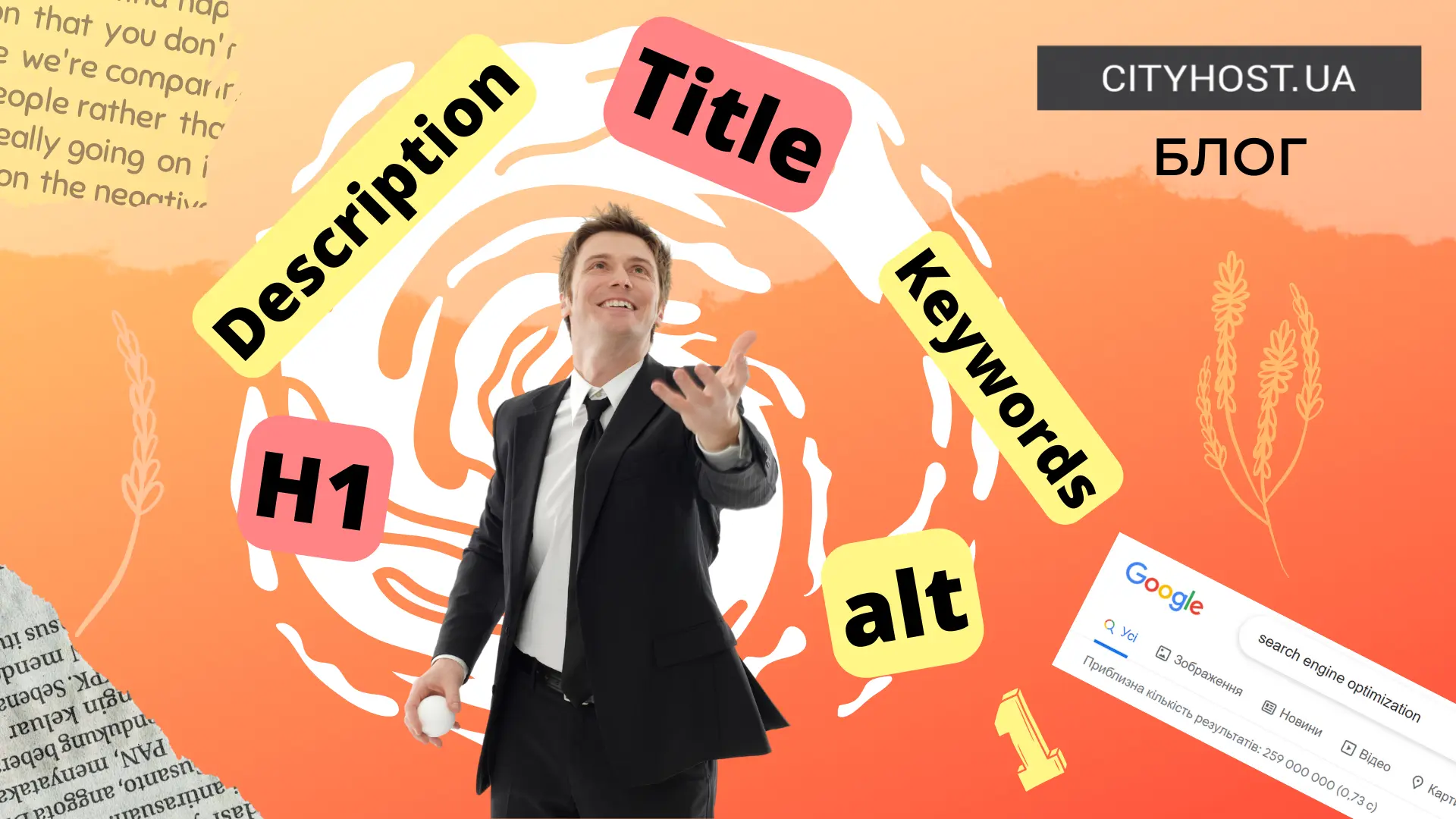
Search engines like unique texts. They are loyal to sites that publish original content and reward them with high positions. And they don't like copy-pasting and are harshly punished for it.
But when an interesting and useful text appears on a new blog, it is immediately copied. Of course, almost no one links to the source. And today it is a serious problem, unfortunately.
Why do you need copy protection?
Most website owners don't bother hiring copywriters and paying them to write texts. Why, when you can just copy from competitors, right? So they fill the web resource with other people's texts, thinking that search engines will not notice it.
In such cases, you have to think about protection against copying text on the site. After all, who would like it when the article he worked on for a week is simply taken and copied?
Content is the basis of everything, the engine that drives a web resource. The results of site promotion largely depend on it. And you don't need to allow him to promote other people's web resources. This often happens: the text on a new blog did not have time to be indexed, and then it is quickly copied by the owner of a popular site and collects all the cream. Due to instant indexing, search engines consider his site, not yours, as the original source. It's unfortunate, but you can't go against Google.
Usually, site owners justify themselves by saying that it is impossible to protect content from copying. Like, there are no suitable tools. You can only contact the owner of the site and ask him to remove the text or put a hyperlink to the original source. But such showdowns take a lot of time. And it is not a fact that a person will agree: he can transfer arrows to the editor, and he to the copywriter. In general, you will not be able to achieve what you want.
Read also : What is a VPS server .In fact, there are ways. Yes, they do not give a 100% guarantee, but they help to partially protect the texts.
Special attributes
The first method is the use of attributes that prohibit copying. Don't be afraid, you don't need to hire a programmer, you can do it yourself.
If the code is written in JavaScript, you can write it like this:
< body oncopy= " return false " >
And users will not be able to copy the text to the clipboard.
You can prohibit text selection by writing:
< body onselectstart= " return false " >
Or prohibit the use of PCM (the context menu will not appear):
< body oncontextmenu= " return false " >
But consider a number of nuances. First, such methods will protect only against "green" users. The rest will easily disable the JS scripts and copy the text.
Second, many users have a habit of highlighting paragraphs while reading (not to copy, but just like that). Or periodically click with the right mouse button. And if they cannot do this, they will feel discomfort and leave the site, considering it unfriendly. Therefore, when adding such scripts, it is necessary to monitor behavioral factors on the web resource.
As an option, you can write a script so that when content is stolen, a link to a web resource is added at the end. Yes, it will not protect against copying the text, but it will bring some benefit. If a person does not notice the link and places it in his own - your link profile will be replenished with one free backlink.
Official rules for using the site
If you are determined to fight plagiarism, you can take strict measures. For example, create a separate page where you can write the rules for using materials posted on the web resource. Including specifying that copying of texts is possible either only with the written permission of the administration, or on the condition that an active hyperlink to the source is inserted.
Before drawing up the document, it will not hurt to consult with a lawyer. In theory, if a person violates the rules, he will be prosecuted and fined. But in practice this rarely happens.
Such protection against text copying is considered more reliable, since the prescribed rules discourage users who want to enjoy high-quality content for free. And those who posted information without an active link can write or call, informing them that they have violated the rules for using materials on the site. And that from breaking the rules to breaking the law is one step. Under pressure, the owners of third-party sites often get scared, retreat and either put an active link or completely remove the copied text.
Plus, in this situation, it will not be superfluous to write a script so that at the end of the copied text there is a link, where it is taken from, and the name of the site.
Submitting for rapid indexing
The last way to protect content from theft is to inform search engines that the site is the original source of the given text. True, this can be done only in Yandex.Webmaster (in the personal account there is a tab "Original texts").
Before publishing a new text on the site, add it to Yandex.Webmaster. The search engine will instantly index the content and consider it the original source. This will increase the chances that the new article will be in the TOP-10.
You can add up to 32,000 characters to the "Original texts" section. If the article is long, break it into 2-3 parts. Content is loaded without HTML markup - as it appears on a web resource or in a plain text document.
For one web resource, Yandex allows you to add up to 100 texts per day. After placing the text in the service, you can easily publish it on your own site, knowing that the search engine has already been informed that your site is the original source.
Of course, this will not provide 100% protection against plagiarism. But even if the text is changed, the positions will probably remain the same, since your site is considered the original source. And lovers of free content will fall under the filter, which will make them think about other ways of filling the site.
Results
Now you know how to protect the site from content copying. These recommendations will be most useful to beginners, because according to statistics, texts are most often stolen from "green" sites.
Therefore, after buying hosting and a domain, immediately create a site map and add a web resource to Yandex.Webmaster and Google Search Console. This is how you will inform search engines that a new web resource has appeared on the Internet. In the first months, use the "Original texts" service from Yandex to notify in advance of the appearance of new articles. And after six months or a year, the site will grow, and all texts will be indexed so quickly that stealing them will be pointless.








